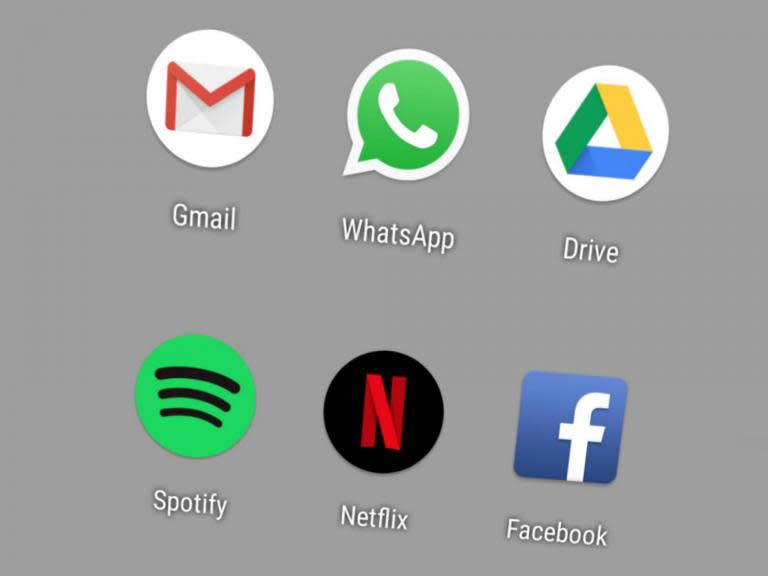Net neutrality repeal could let internet providers block you from using your favourite services unless you pay more
The Federal Communications Commission (FCC) is likely to end net neutrality in the US next month, in a move that could have a huge impact on how people use the internet and what they can access online.
Following yesterday’s announcement that a vote will be held on 14 December, a tweet posted at the end of October is once again gaining lots of attention.
It highlights just how dramatically the internet could change in the US, using Portuguese telecoms provider MEO as an example.
In Portugal, with no net neutrality, internet providers are starting to split the net into packages. pic.twitter.com/TlLYGezmv6
— Ro Khanna (@RoKhanna) October 27, 2017
Its mobile packages are split in such a manner that customers need to pay for up to five addons, in order to use a selection of popular apps that many people rely on every day without incurring heavy additional charges.
In order to use WhatsApp, MEO customers need to pay €4.99 per month for the Messaging addon.
For access to Facebook, Instagram, Snapchat, Messenger and Twitter, customers have to pay another €4.99 per month for the Social addon.
Access to Spotify costs another €4.99 per month on top of that, access to Gmail and Google Drive costs another €4.99 per month on top of that and access to Netflix and YouTube costs yet another €4.99 per month on top of that.
It’s an extraordinary system, which is designed to get people to pay as much as possible in order to use the best online services.
Many people fear that AT&T, Comcast and Verizon will do something similar when the net neutrality law is repealed in the US, as is looking extremely likely.
Without the rules, internet service providers (ISPs) will be able to exert a huge amount of control over the internet and dictate what you use it for.
They'll no longer have to treat all internet traffic equally, and will be able to prioritise certain websites, services and apps over others.
They would be able to block content too, and force you to pay extra to access them, which could prove costly if you're particularly reliant on any services.
There are also fears that the US government may use the net neutrality repeal to make it harder to read sites and publications that it feels are insufficiently supportive.

 Yahoo News
Yahoo News 

